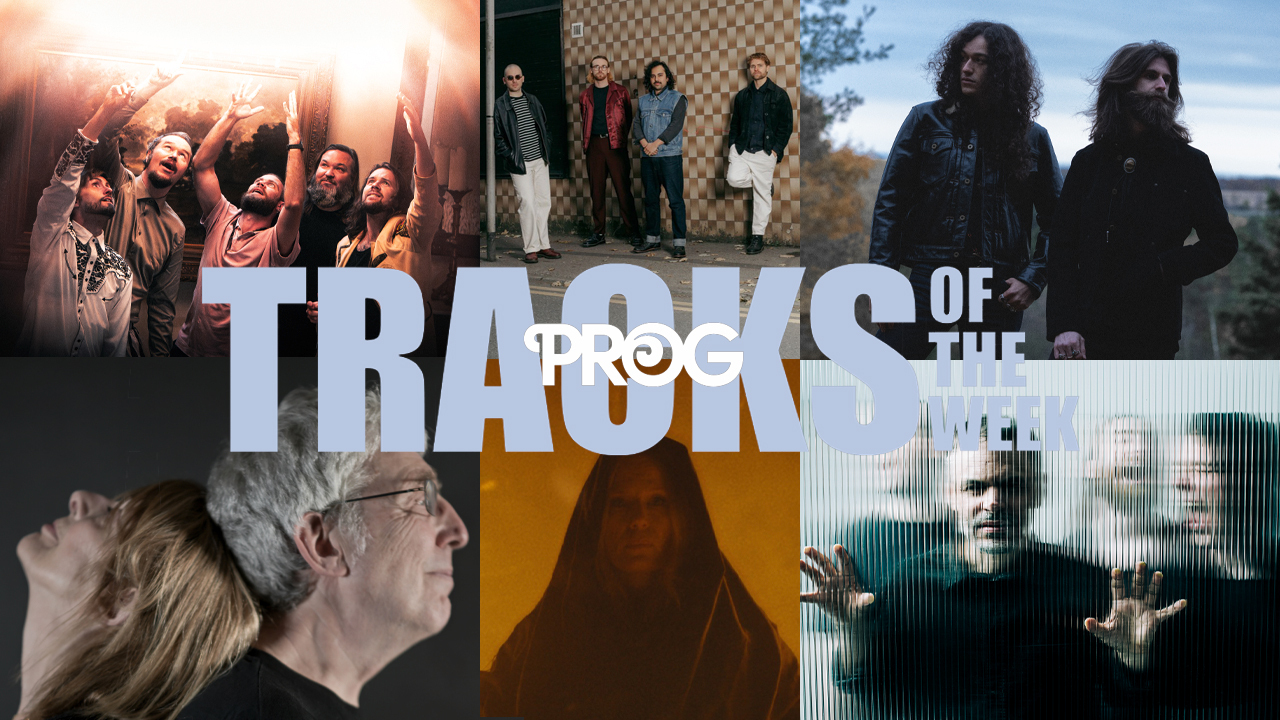Ashley Hutchings At 70
Celebrating The Folk Prog Pioneer's 70th Birthday
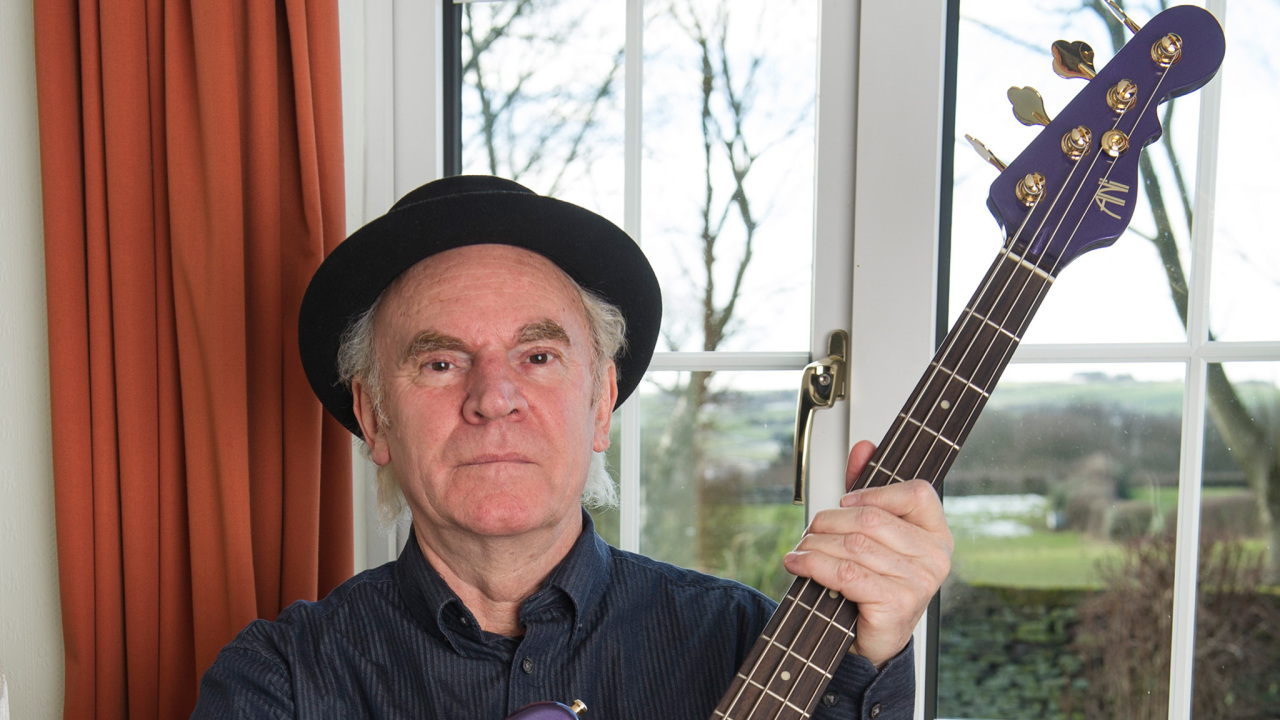
Select the newsletters you’d like to receive. Then, add your email to sign up.
You are now subscribed
Your newsletter sign-up was successful
Want to add more newsletters?

Every Friday
Louder
Louder’s weekly newsletter is jam-packed with the team’s personal highlights from the last seven days, including features, breaking news, reviews and tons of juicy exclusives from the world of alternative music.

Every Friday
Classic Rock
The Classic Rock newsletter is an essential read for the discerning rock fan. Every week we bring you the news, reviews and the very best features and interviews from our extensive archive. Written by rock fans for rock fans.

Every Friday
Metal Hammer
For the last four decades Metal Hammer has been the world’s greatest metal magazine. Created by metalheads for metalheads, ‘Hammer takes you behind the scenes, closer to the action, and nearer to the bands that you love the most.

Every Friday
Prog
The Prog newsletter brings you the very best of Prog Magazine and our website, every Friday. We'll deliver you the very latest news from the Prog universe, informative features and archive material from Prog’s impressive vault.
Perhaps some latecomers might tilt an eyebrow at the idea that something as universally beloved as the latter-day Fairport Convention grew out of the underground culture of the flower power era. But it did, and for that we have, in part, to thank a man who has the very lifeblood of British folk music running through his veins. A toast, please, for the 70th birthday, on January 26, of the peerless Ashley Hutchings.
Men and women like this north Londoner, who have devoted their entire life to the pursuit of musical goodness, rarely if ever with their own name above the titles, are not many to the pound. Add the distinction that they were in at the birth of the single three most important bands ever bestowed upon the British folk-rock scene, and Hutchings is in a field of his own. A field called Cropredy, probably, but that’s another story.
The bassist and co-founder of Fairport, of Steeleye Span and the Albion Band turns a septuagenarian with his usual myriad projects on the go. From the recently-exercised Albion Christmas Band to his Words, Words, Words collection of lyrics, poems and liner notes, there’s no hint of Ashley relinquishing the car keys for a back seat.
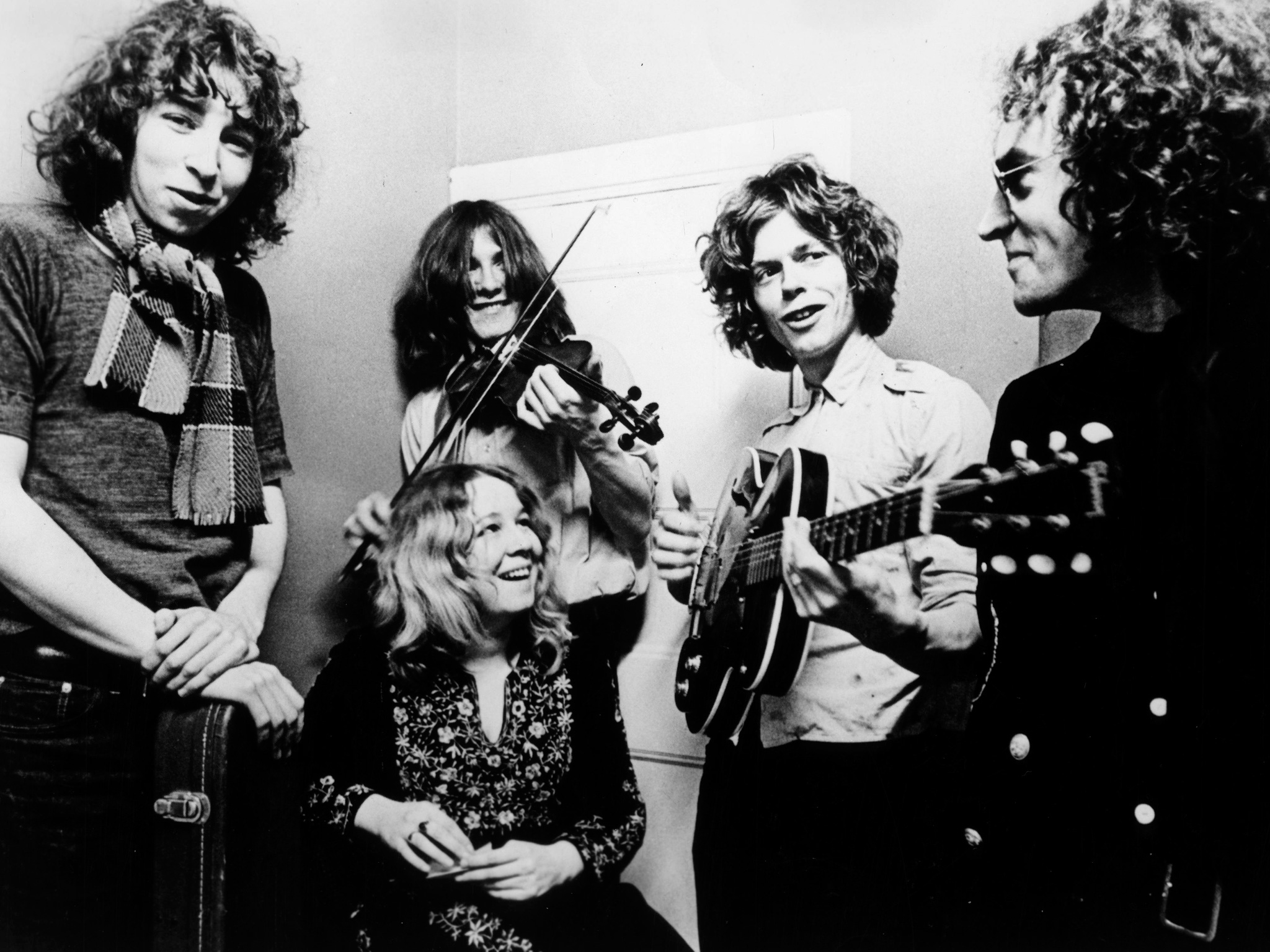
If the lineage of modern British folk was drawn like a family tree, it would have Hutchings sharing the top line with branches stretching out in all directions of the folk world. From former bandmates such as Chris While & Julie Matthews and Show Of Hands to the gloriously indestructible Dave Swarbrick, Ashley’s son Blair Dunlop and many more, his influence on several generations is second to none. Oh yes, and he discovered Nick Drake.
It was at a performance at the Roundhouse, on a bill that also featured Hutchings, that he was so taken by Drake’s minimalist aura that he went straight to Fairport’s manager and producer Joe Boyd and told him all about it, leading to another of the great creative couplings.
A chapter or two before that, in 1966, Hutchings and later fellow Fairport founder Simon Nicol were the other Muswell Hillbillies, knocking around north London close to the Davies brothers’ turf, in the Ethnic Shuffle Orchestra. The Fairport line-up was a thing of frequent change from their first-ever 1967 gig onwards, but underground rock nerve centre the UFO Club was a frequent early port of call.
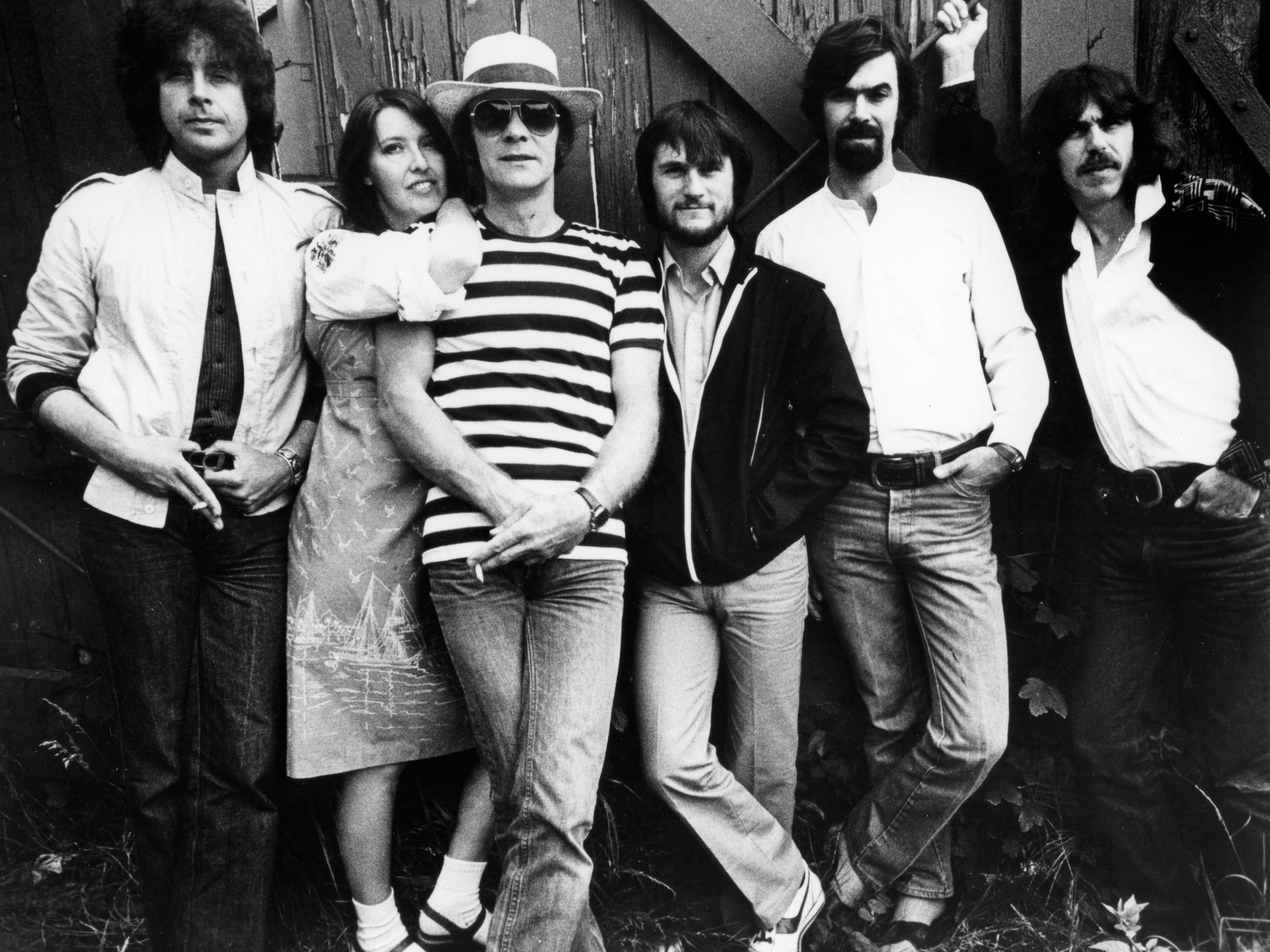
Making Boyd’s acquaintance helped them land their first record deal, with Track, and the funding for what became their debut, self-titled album. On it, Hutchings became part of what now looks like the folk equivalent of a fantasy football dream team, in which he and Nicol were joined by Richard Thompson, Iain Matthews, Judy Dyble and Martin Lamble.
Sign up below to get the latest from Prog, plus exclusive special offers, direct to your inbox!
By the end of 1969, Hutchings was on his restless way to find new challenges, but what an incredible final year that was. Three more Fairport albums, practically the holy trinity: What We Did On Our Holidays, Unhalfbricking and Liege & Lief, on which he was responsible in large measure, through his tireless research, for divining the source material that would create the very category of English folk-rock.
Almost as a fun sideline, rather than the essential career-changer that it would now inevitably and inaccurately be seen as, he was also there in theTop Of The Pops studio. That was on the day in 1969 that the band were required to lip-synch their way through Si Tu Dois Partir, their French version of Bob Dylan’s If You Gotta Go, Go Now that came within one place of the UK top 20.
Those albums were significant sellers, too, which made it all the more estimable that Hutchings knew his future lay not in this unexpected crossover world but with a new transfusion of tradition. Hence to Steeleye Span, who made their record debut, Maddy Prior et al, with Hark! The Village Wait. The next year, Hutchings presided over the arrival therein of Martin Carthy, but it wasn’t long before, once again, commercial success had him looking elsewhere for inspiration.
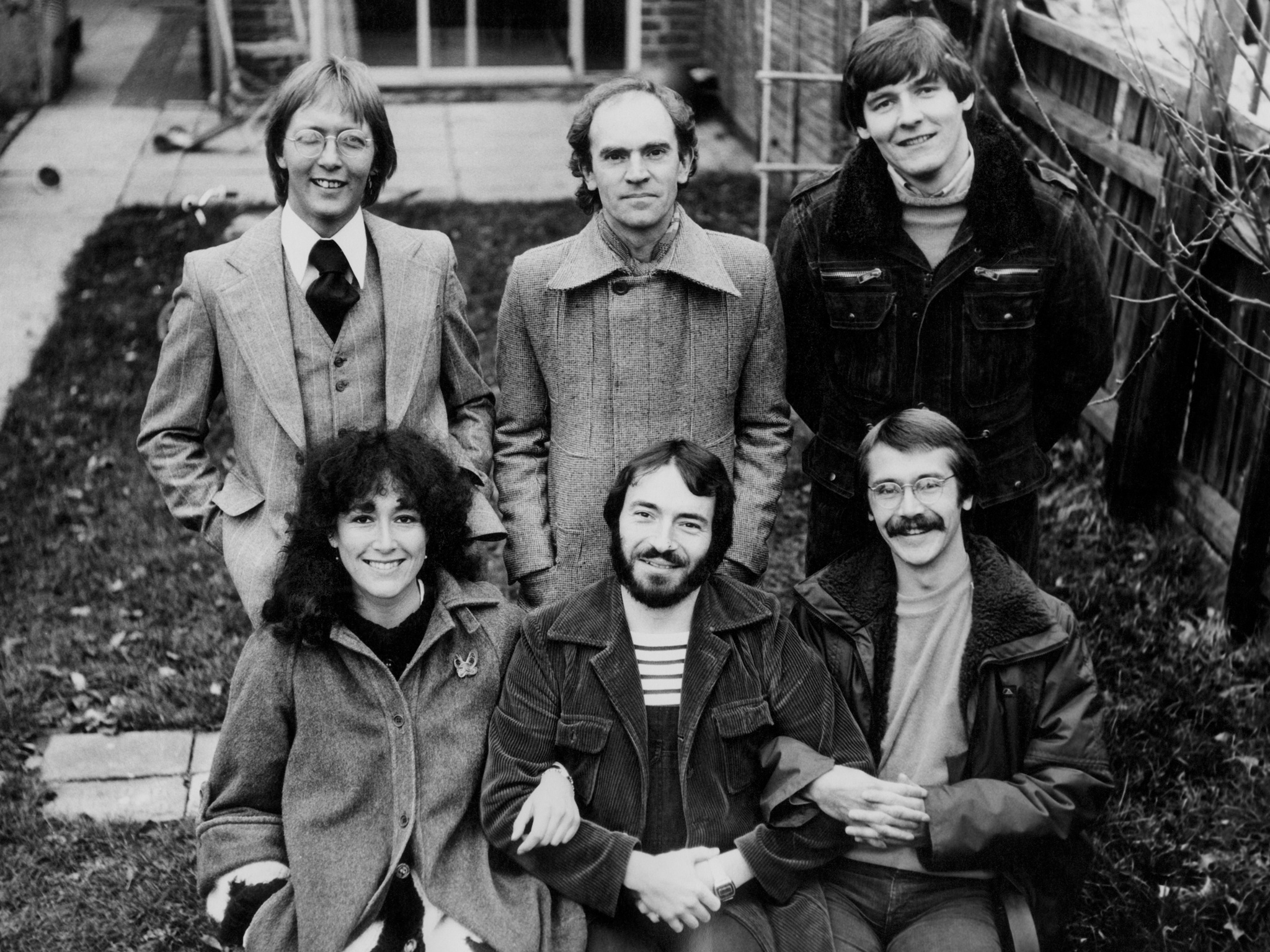
By the time he left Steeleye, Ashley had already done the groundwork for the Albion Band, the truly multi-faceted, ever-evolving celebration of traditional music that, like everything he helped create, has endured and thrived through the decades. Pals from his other projects came aboard, from Fairport’s Nicol, Thompson and Dave Mattacks to Steeleye’s Prior, and from Mike Waterson to Martin Carthy.
So he has continued, exploring every avenue with a learned respect for British music history, and the myriad ways to communicate and expand on it, that has never looked anything other than great fun. Later years have seen him rightly garlanded, for example with the Good Tradition title at the BBC Radio 2 Folk Award and the recognition from that institution of Liege and Lief as Most Influential Folk Album Of All Time.
We should all enjoy the thought that there is every chance of a great deal more to come from such a founding father. Meanwhile, happy 70th, Ashley.
Prog Magazine contributor Paul Sexton is a London-based journalist, broadcaster and author who started writing for the national UK music press while still at school in 1977. He has written for all of the British quality press, most regularly for The Times and Sunday Times, as well as for Radio Times, Billboard, Music Week and many others. Sexton has made countless documentaries and shows for BBC Radio 2 and inflight programming for such airlines as Virgin Atlantic and Cathay Pacific. He contributes to Universal's uDiscoverMusic site and has compiled numerous sleeve notes for the Rolling Stones, Eric Clapton and other major artists. He is the author of Prince: A Portrait of the Artist in Memories & Memorabilia and, in rare moments away from music, supports his local Sutton United FC and, inexplicably, Crewe Alexandra FC.

